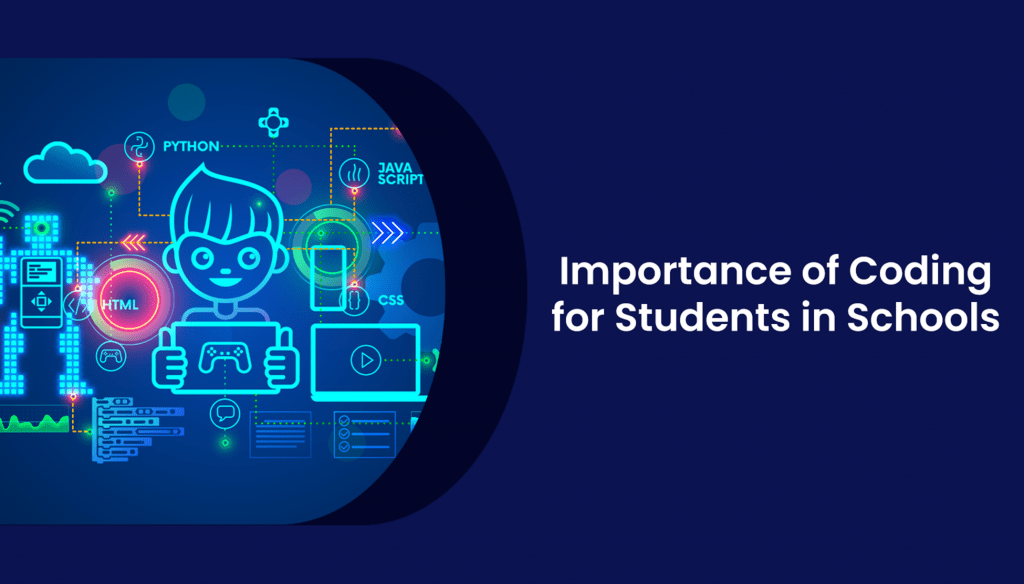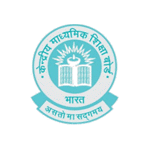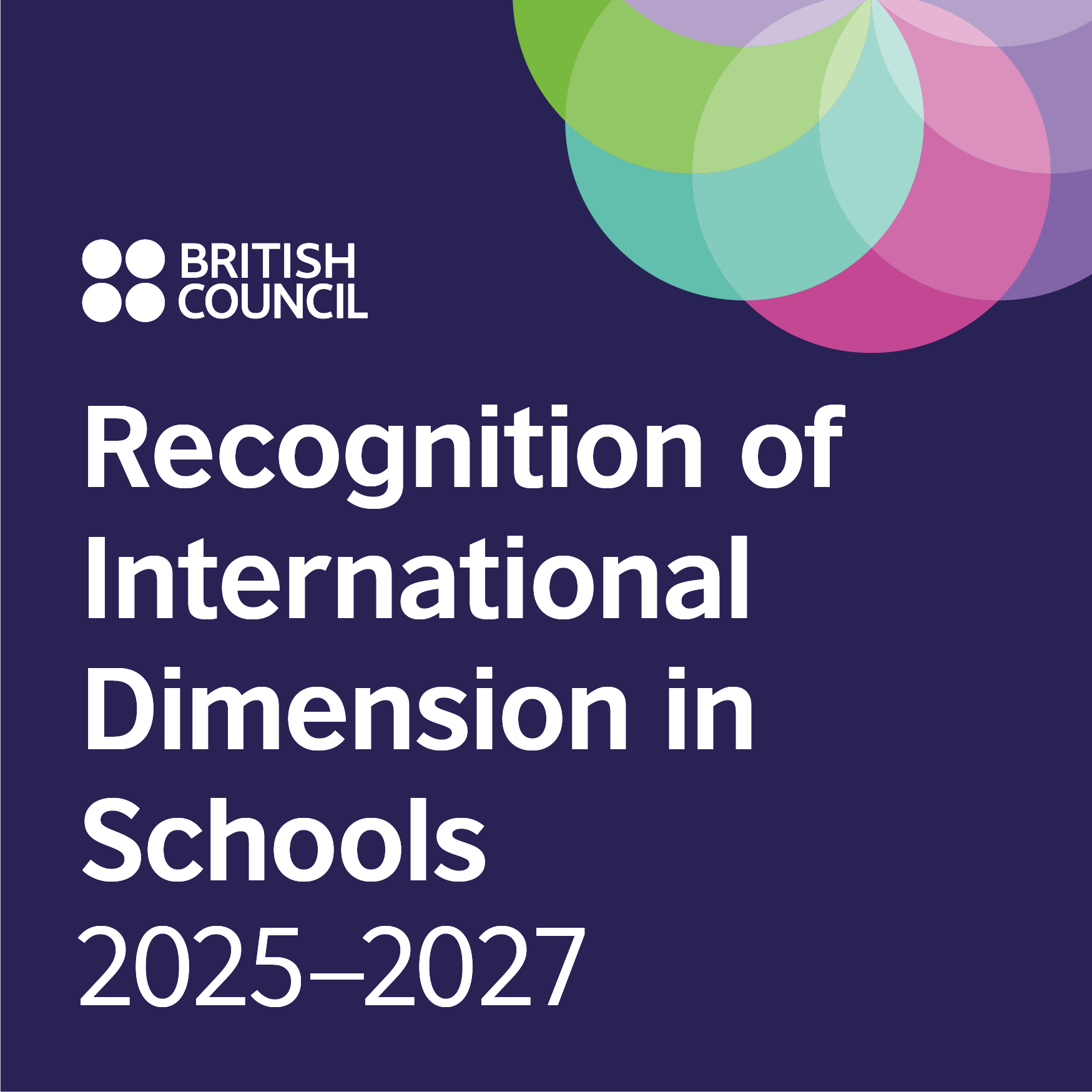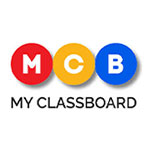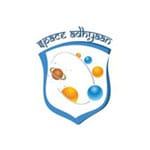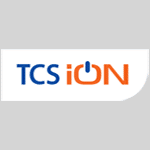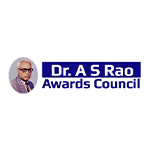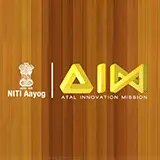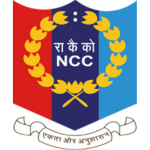Coding has become an essential skill in the 21st century. Schools are now beginning to introduce coding as a compulsory subject to teach. The importance of coding can be seen in many ways. One way is that it can be used as a tool for problem solving and critical thinking skills. Another way is that coding can be used to create interactive projects, animations and games.
Coding is a fundamental skill that every student should have. It teaches problem solving, computational thinking and creativity. It is also a valuable skill for any profession that involves working with computers. The skills learned in coding will help students make sense of new technologies and allow them to participate in the digital world.
The importance of coding for students in schools is undeniable. Schools should incorporate more coding courses into their curriculum and make it mandatory for all students to learn this basic skill. Coding is a vital skill to learn for the future. It is important to introduce coding in schools as early as possible, so that our students can be more prepared. It is important for students to learn coding in schools because it will help them in the future.
Before getting into the topic “Importance of Coding for Students in Schools” Let’s see what exactly is Coding.
Coding is a technique for connecting with a computer. It is the process of giving a computer instructions in a language that the computer can understand in order for the device to accomplish specific functions. Coding enables us to develop computer software, websites, applications, and even video games. Based on what you wish to develop, there are many sorts of code. And several programming languages, each with its own set of rules. But, in essence, coding is the process of instructing a computer to generate a desired result.
When considering learning a new talent, it is normal to wonder what the advantages of doing so are, if any exist. When it comes to coding, there are several advantages, which we will discuss shortly.
1.Coding fosters creativity
Coding for kids is essentially a creative process that begins with nothing and ends with something. Coding, like sketching or culinary, helps a youngster to gain satisfaction from the activity. In the actual world, creative activities are frequently constrained by the things at our fingertips, such as food when cooking or a canvas when painting. However, in the virtual world of coding, the only limitation is the child's imagination. Because it reflects the capacity to combine old ideas with new answers, methods, and thoughts, creativity serves as the basis for innovation, inventiveness, and leadership.
2.Collaboration among students is encouraged
Collaboration is one of the traits that practically everyone must possess. As a result, this characteristic should be fostered from an early age. When one devotes oneself to code, the ability to work in a team begins to grow.
Even though programming appears to be a solitary activity, it necessitates teamwork considerably more frequently than one may imagine. Coding becomes a collaborative undertaking when numerous people work on a programming project. Each group member concentrates on a different part of the project. One is the head coder, one is in charge of the aesthetics, and one is working on something else, so the project is completed on time.
3.They evolve as problem solvers
People have a propensity to give up when they encounter a hurdle. That, however, does not apply to developers. They regard those situations as a problem to be solved, not a red light. With this mindset, individuals will not be afraid of failure and will instead seek for fast remedies. While many of us require time to adopt this mindset, new developers will not. They'll work on it while learning to code.
4.Coding encourages youngsters to think critically
Learning to code encourages youngsters to think critically. Computer programming is more than just learning how to enter lines of code. It is more about educating youngsters to think in new ways. They must be able to perceive a major problem and divide it into smaller components in order to effectively solve it. This is known as decomposition, and it is an essential component of computational thinking. Children studying code will need to take a hazy notion and utilize their ingenuity to make it into something useful, since this helps to build this way of thinking, which is highly sought after.
5.They are preparing for the future
As mentioned earlier, coding is the language that defines the modern world. Given that all of the gadgets we use every day require code instructions to work effectively, and that additional devices and codes are being developed to become more technologically sophisticated, one will have to "learn to code or get programmed," as the Guardian puts it.
In some ways, grasping how programming works puts you ahead of the competition. Coding will not only prepare you for a future in the programming sector, but will also provide you with skills (such as critical thinking and problem-solving abilities) that will open up a variety of job prospects.
We demonstrated that coding is a highly useful ability to have in today's technological environment, which is why it should be included into the curriculum and coding ideas taught in the classroom. Teaching any topic to pupils, particularly younger students, may be difficult. Coding education is no exception. To be as successful and effective as possible while teaching coding, teachers must be well-prepared, organized, and employ new approaches to capture students' attention and foster a love for coding. Setting reasonable objectives and expectations for yourself and your students is great advice to keep in mind when you begin teaching coding.
We at Vikas Concept understand how important coding is for students and allow our students to have coding classes just as the other subjects like Maths, Science or English. Vikas The Concept School is a center of excellence dedicated to developing children into future leaders. Through a developmental approach, we provide concept and comprehensive-centered education. Our educational atmosphere fosters order, independence, a love of learning, a sense of connectedness to the world, and a sense of social responsibility. Simply click here to learn more about the Vikas Concept

